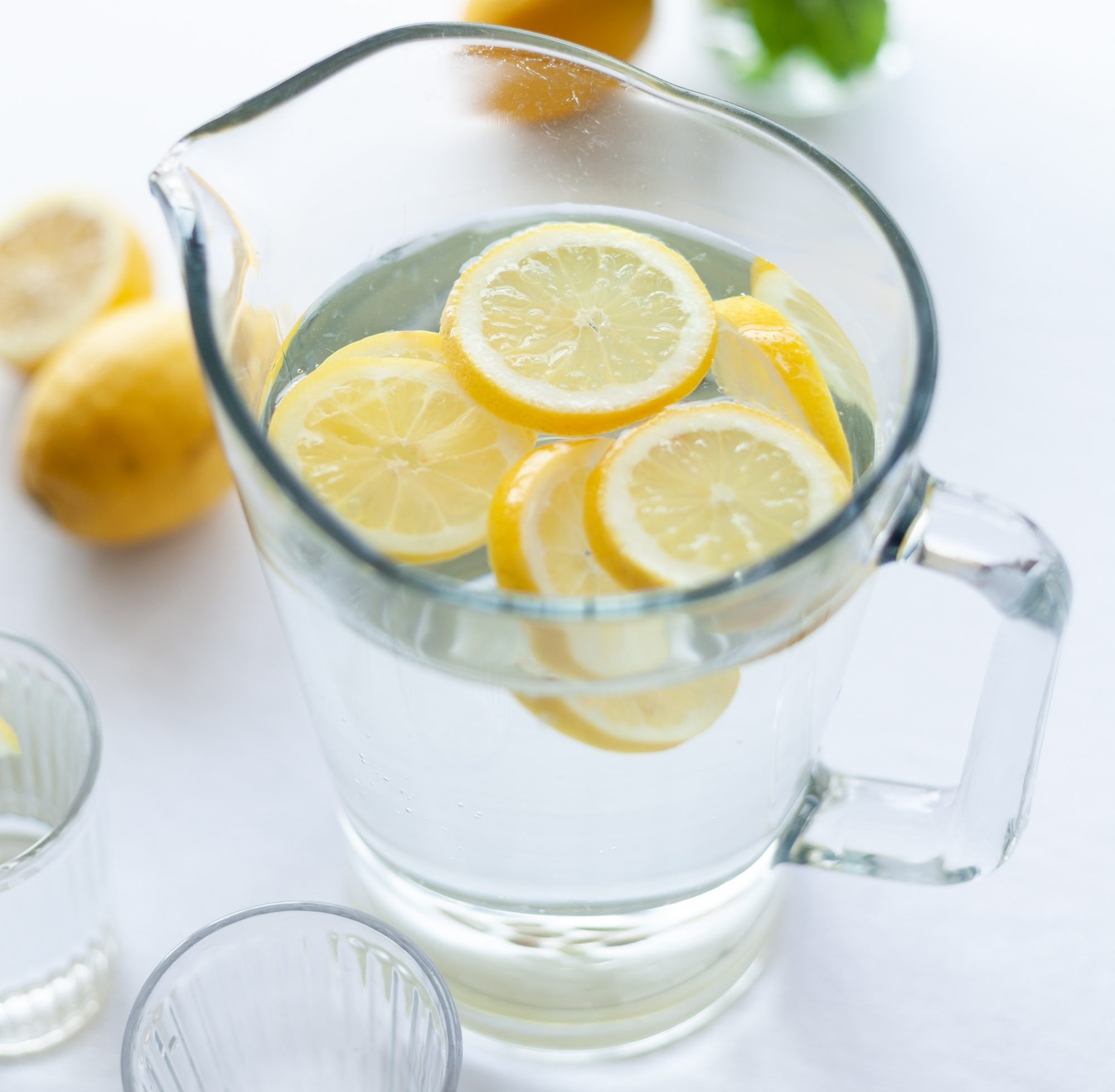
Here Michele Kaye, Nutritionist and author of Eat Dance Shine, shares her insights on the vital difference between minerals in water and minerals in food and she explains how minerals are used by the body.
You may be asking what is in your water from a health perspective, maybe you are concerned about an overload of a particular toxic mineral such as lead or are keen to have the right amount of mineral intake for optimum health. Let’s take a look at these questions:
Firstly what are minerals and do I really want them in my drinking water?
Minerals are inorganic substances formed from rock or soil and range from beneficial minerals such as calcium and magnesium to poisonous ones such as lead, arsenic and aluminium. All these minerals are found in water to varying degrees depending where you are in the world and whether it is tap water, spring water or filtered water. Everyone agrees that we need to remove the harmful minerals from drinking water. However there is considerable debate as to the value of having inorganic minerals in drinking water.
Can we make use of the minerals in water?
The minerals that are found in water are in an inorganic form. They are a result of the water dissolving the minerals from the rocks and soil that it comes in contact with. Many would agree that inorganic minerals are poorly assimilated by our bodies. A misconception is that we get our minerals from water. In fact the main source of minerals is from our food, particularly the plants in our diet.
Minerals must be in a form that the body can absorb and assimilate – ‘organic’ minerals
A growing plant converts the inorganic minerals from the soil, by absorbing them in the roots and assimilating them into the plant’s structure, where they combine with carbon to become organic minerals. Animals (humans included) on the other hand, use organic minerals, which comes from plant sources, or from animals that have consumed plants.
Even the so called “good minerals” can cause problems, as our bodies cannot use them in this inorganic form. The body becomes stressed attempting to get rid of the them, particularly inorganic calcium which can build up in tissues causing gallstones, kidney stones, bone and joint calcification, arthritis, and even hardening of the arteries.
If you pick any mineral that you are interested in and research the best source for that mineral, a natural food source will be at the top of the list: mainly vegetables and fruit, but also some in meat or dairy. On the list will also be supplements but NOT tap water or bottled water. We get most of, if not all of our minerals from the food we eat.
What do minerals do in our body? For starters various minerals are needed for the metabolism of every cell in the body, nerve and muscle function, to control bone health and growth, regulate fluid balance, connective tissue repair and growth.
The main mineral of the body is calcium, needed for healthy bones, teeth, blood clotting, nerve transmission, regulation of heart beat and digestion. 99% is stored in bones and teeth, the rest in blood and other tissues. Adequate calcium for bone development and for non-bone functions is key to reducing osteoporosis in later life.
The dietary amount of calcium that is optimum has not yet been decided, nor it’s source, with the pro-milk faction believing in 3 glasses/day, whereas the non-dairy argument says that consuming a lot of milk and other dairy products has little effect on rate of fractures while increasing health problems such as heart disease and certain cancers. However fascinating this aspect is, it’s beyond the scope of this article.
Sources of calcium: dark leafy greens, nuts and seeds particularly almonds, brazil nuts, sesame seeds (tahini), broccoli, kale spinach watercress, dried apricots and figs, also tofu, soya cheeses and milks (also animal products such as dairy, eggs and meat but some research shows that high levels of animal protein alters blood chemistry causing calcium to leach out of your bones).
The mineral iron is vital for blood cell production and the immune system. Iron is found in meat as well as beans, lentils, cabbage, broccoli, whole grains, bananas and dried fruit.
Magnesium is an very important mineral involved with muscle contraction (skeletal and heart), and regulating sodium and potassium, in relation to controlling blood pressure. Although magnesium is found in meat as well as nuts, dried fruits, grains, sweet corn, parsnips, peas and green leafy vegetables the digestive system does not easily absorb it. Alternative ways to absorb magnesium are through the skin by applying magnesium oil or soaking in magnesium salt baths.
Zinc is needed for a healthy immune system, for cell division and growth, wound healing and also for a sense of taste. It is found in beans, red meat, seafood, brown rice and wholegrains.
Returning to the initial question, do you really need minerals in your water, many would agree they are not at all useful to the body at best and harmful at worst. The World Health Organization (WHO) made a clarification (2009) that the majority of healthy minerals needed for the human body is from food or dietary supplement and not from drinking tap water. It is far better to remove the minerals along with pollutants such as chlorine, nitrates, pesticides, prescription drugs to name but a few. Drink very pure RO water and obtain your minerals from a healthy diet!